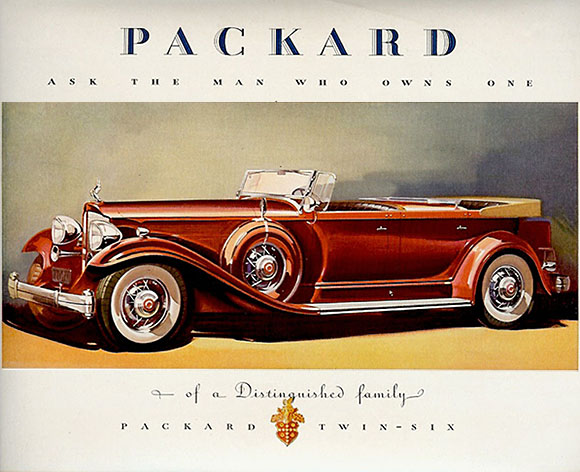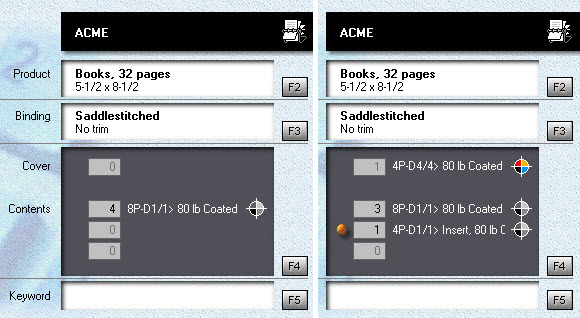May 2014

Whenever big corporations swallow up smaller competitors and consolidate operations, usually the first thing that gets "consolidated" is the smaller company's more user-friendly pricing. And that's understandable. Acquisitions come with a price tag. Savings from layoffs and reduced overhead, those kick in later.
That's as true for cable companies as it is for airlines. And lately, it seems, for print MIS providers. You may have noticed a flurry of recent acquisitions in the "software for printers" industry. As you might expect, prices have soared and are unlikely to come back down again. The going rate for a basic print management system is now hovering around $2,000 for signing up, and $1,200 or more for annual maintenance. Considering that the Morning Flight Gold Edition, our flagship MIS, comes in at under $450 fully loaded and with no maintenance fees, we think that's a little steep.
So why aren't we celebrating our growing price advantage as a good thing? Because it carries a sobering question mark. More than one user, and at least one competitor, have openly asked us "How can you make money at these prices?" Even worse, some potential users might bypass Morning Flight altogether, thinking "If it's that cheap, it can't possibly be any good."
With that as a backdrop, here is what you should know: We're still charging the prices we charged in 2005 when we closed our print shop and began selling software for a living (a good living, I'm happy to report). More to the point, we're not raising our prices this year. I can promise that with certainty. No one else makes the rules, and our hat isn't in the ring for a buy-out. As to the dependability of our products, I’m dusting off J.W. Packard’s century-old advice: “Ask the printer who owns one."
Hal Heindel
Unitac International Inc.

The first campaign to use the slogan, “Ask the man who owns one,” came in October of 1901. By the time the ad appeared, the Packard Motor Car Company already had a prestigious owner on its side: William D. Rockefeller.
Anecdotal history has it that the slogan came about when J.W. Packard's secretary received a letter from a man who wanted information about the dependability of Packard cars. Since the company had no sales literature at the time to send him, Mr. Packard instructed her to reply: "Just ask the man who owns one."
Two years later, Packard made automotive history when Tom Fetch, driving a 1902 Packard, completed the first coast-to-coast trip by motor car. The historic trip over the uncharted wilds from San Francisco to New York took 53 days. Proof of early Packard stamina.
Importing into QuickBooks
Even without concrete numbers to back it up, it's safe to say that the feature requested most by Gold and Pixelblitz users has been the ability to import Morning Flight invoices into QuickBooks.
Getting data into QB was never rocket science. Importing it intact, that was the challenge. We know. We had a QB-Link project on the front burner for, like, forever. Only to push it back because the process proved too cumbersome. With Intuit scrapping its infamous IIF files and replacing them with a much more reliable SDK, we're taking another run at it. So far, it looks promising.
Only in America
While browsing the printer's book section on Amazon the other day, I was surprised to discover "Commercial Printing: IRS Audit Techniques Guide." A training manual for government tax examiners? Wouldn't have expected to find that on a public bookshelf. If you own a print shop and are concerned you might get audited, this would probably be a good little book to get - if only for the benefit of a heads up. The IRS says it published the guide for its examiners because "during the examination of printing companies in Georgia, a pattern of similar issues was noted. As a result, an information gathering project was started to allow the Service an opportunity to gain knowledge of this very large manufacturing industry, to identify common areas of non-compliance, and to develop techniques and procedures to help promote compliance in the industry." Fair enough! The 86-page 8-1/2x11 paperback is well written and produced and an interesting read. Priced at just $16.38, I couldn't leave it there. Nevermind that I don't own a print shop any more. |
Tip of the Month

Our tip this month is about managing the page count for booklets. Say you need to price a 32-page saddlestitched booklet, 5-1/2 x 8-1/2, produced on your digital printer. You're paying your vendor the same click rate for 11 x 17 (A3) as you do for 8-1/2 x 11 (A4), so ideally you'd like to run every sheet as an 8-page A3 signature.
The problem is the cover. Books are assembled with only one cover and you obviously can't get there from here: (3 x 8) + 4 = 28, and (4 x 8) + 4 = 36. If the book is self-cover (same paper, same colors), the solution is simple. Forget the cover and set the whole book up as contents. The program will let you do that, as illustrated on the left.
If the book isn't self-cover, there's still a way or this wouldn't be much of a tip. First enter the 4-page cover, then three 8-page signatures, then one 4-page insert: 4 + (3 x 8) + 4 = 32. Morning Flight treats inserts the same as covers. If the press sheet is big enough to run an insert 2-up, the program keeps the page count the same but cuts the run length in half. For anything else, it keeps the run length the same but doubles the page count.

